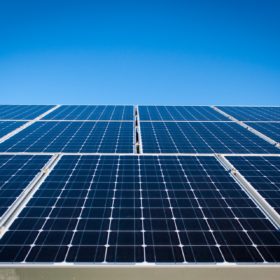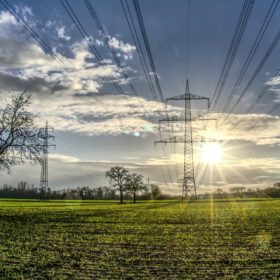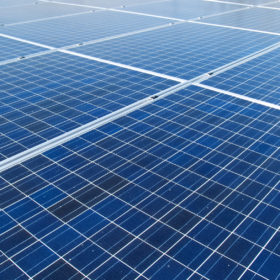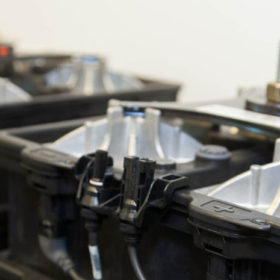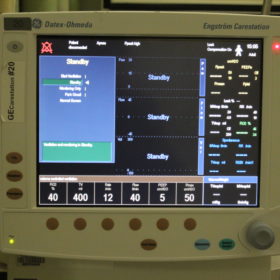India’s 1 GW-plus ‘ultra-mega’ solar parks driving the energy transition
The nation hosts numerous gigawatt scale sites, two of which are the largest commissioned in the world. The huge PV parks have been instrumental in driving economies of scale and continue to attract global capital and some of the most recognized renewables developers.
Indian renewables-plus-storage tender secures power for $0.038/kWh
Winning developer Renew Power can opt for solar, wind or hybrid plants along with energy storage systems to ensure round-the-clock power supply.
Drones can drive down operational PV costs
In a recent interview with pv magazine, Supreeth Srinivasa Rao – associate director of the industrial practice at Frost & Sullivan – explained how drones can minimize the need to send employees to project sites, as they can be deployed for monitoring, operations, and maintenance purposes.
India installed 1.53 GW of rooftop solar in 2019
The country’s cumulative installed rooftop solar capacity reached 5.4 GW by the end of December. The Indian government now aims to deploy 40 GW of rooftop PV by the end of 2023.
Indian Railways tenders for 1 GW of solar
Developers have until June 30 to lodge bids to develop plots of solar capacity across the national rail network which offer a maximum INR2.71/kWh ($0.036) for the electricity generated under a 25-year contract.
US investor buys 317 MW of solar in India
Marking its second infrastructure investment in India, U.S.-based KKR will acquire 169 MWp of Mumbai-based Shapoorji Pallonji Infrastructure’s solar assets in Maharashtra and 148 MWp in Tamil Nadu for a sum of Rs 15.54 billion (approximately US$204 million).
Sodium-ion battery manufacturing in India
UK-based sodium-ion battery technology developer Faradion has bagged its first order from ICM Australia and is looking at India as the next destination for manufacturing, with its initial target set at 1 GWh.
Low-cost bio-inspired electrocatalyst for rechargeable metal-air battery
Indian scientists have developed a low-cost electrocatalyst based on iron, manganese and N-doped carbon derived from fish gills (Fe/Mn/N-FGC) to increase the performance of a homemade rechargeable zinc-air battery. The Fe/Mn/N-FGC cathode-based battery achieved open-circuit voltage of 1.41 V and a large power density of 220 mW/cm2 at 260 mA/cm2 current density – compared to 1.40 V and 158 mW/cm2 for a commercial platinum/carbon-based battery – with almost stable charge-discharge voltage plateaus at high current density.
Indian government backs multi-pronged approach to support solar sector
The Ministry of New and Renewable Energy is working on the creation of a Rs 10,000 crore (US$1.3 billion) alternative investment fund to provide payments to PV developers.
Indian solar cell factory producing ICU ventilators for Covid-19
Central Electronics, India’s first silicon PV manufacturer, is drawing on its technical expertise to ramp up production of ICU ventilators, as part of the country’s response to the Covid-19 pandemic. It has invited global bids from ventilator manufacturers to collaborate with on production.
